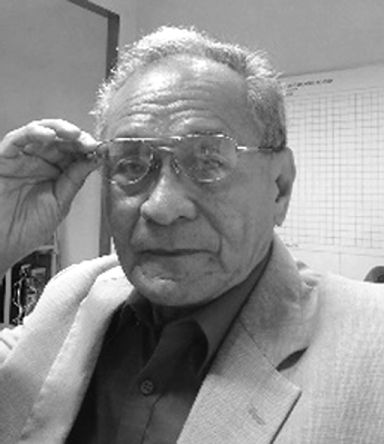
Despite the Cebu Capitol Social Hall being awash with participants to the Traffic Summit held last Wednesday, we were not having trouble breathing.
We were not gasping for air. This proves that if there were enough supply of something, like air, to meet demand, everyone would be satisfied. This is not true, however, for many things that we need in life. When this happens rationing is needed.
In the market for goods and services, rationing is done through the price system. The greater the demand over supply of a certain product, the higher the price. The price system then determines who gets what. Those who lack money, will get less or nothing. By this process, demand is reduced to a point that matches supply.
In the case of land transport, we find that at certain times our roads are congested. This causes us to arrive late in our destination. Traffic congestion means that there is less supply of road space than our demand. What do we do?
The usual solution is to widen our existing roads or build more roads. This solution is good only up to a time, however, because land over which we build roads are not unlimited in supply. Another solution is strict enforcement of traffic laws. It could help but only up to a point. Mass transport system is another solution but only if other modes of transport are also reduced at the same time. We may have the BRT, for example, but if car owners still insist on taking their cars on the road, there would still be traffic congestion.
This bring us back to rationing. Before we can operate a passenger bus, jeepney, taxi, and other transport services that serve the public, we are required to get a franchise. This is rationing in action. When enough number of franchises are issued to meet demand for public transport, there would be less problem to the riding public.
Trouble comes when in addition to vehicles authorized for public use, the government also allows anyone to own and use their vehicles anytime and anywhere on the road. This reduces the space for vehicles for public use. Given the chance, all of us would want to own a car or two, or even more. If everyone thinks the same way, in the end, we will find our roads full of slow moving cars because of congestion.
It is obvious then that unless we have an unlimited supply of roads, we now have to start thinking of rationing the ownership of cars for private use like what we do with those vehicles for public use using the franchise system. In Singapore, the number of vehicles on the road is controlled through a quota system. A citizen must bid for a Certificate of Entitlement to legally own a vehicle. In some cities as in Singapore, the use of busy streets is also controlled. Drivers are made to pay when they enter.
What do you think?
Disclaimer: The comments uploaded on this site do not necessarily represent or reflect the views of management and owner of Cebudailynews. We reserve the right to exclude comments that we deem to be inconsistent with our editorial standards.




